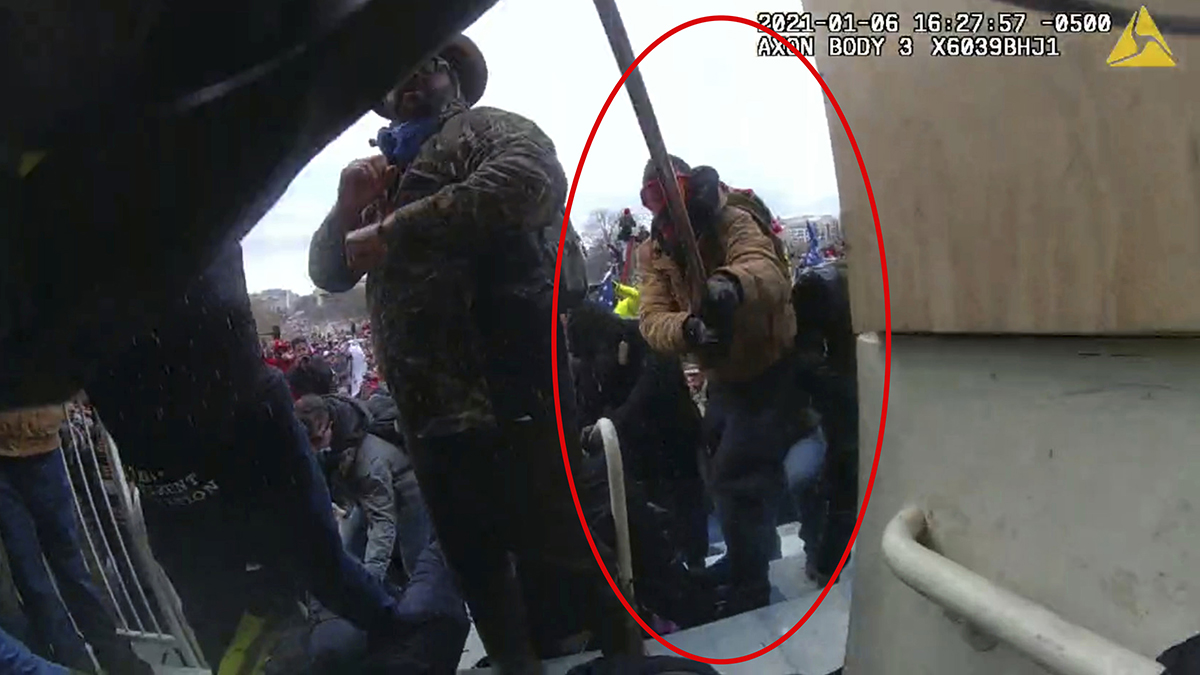Did Jesse Jackson Jr. destroy his political future by offering to raise $1 million for Rod Blagojevich in exchange for a Senate seat?
That’s what political consultant Delmarie Cobb is telling ABC7’s Charles Thomas:
Cobb said she believes Jackson has ruined his chances to win a Senate seat in the future or to run for mayor of Chicago. She predicts he will win re-election and remain in Congress because the bar for acceptable behavior has dropped so low. "Not only for elected officials--in our broader society the bar has been lowered, and so the expectations are not nearly the same as they used to be," Cobb said.
Jackson for his part isn't saying much about his appearance in the Blagojevich trial tapes.
"As much as I would like to clear up the misstatements made by some, and clarify my role (really my non-role) in this affair, obviously it would be inappropriate for me to do so until the trial is over," Jackson said in a statement.
"It is appropriate, however, to emphasize what has long been in the public record: I have cooperated and will continue to cooperate with all government entities investigating this matter, and I have never been advised that I am a target of this investigation. Most important, I was never part of any improper scheme with Blagojevich or anyone else related to securing the vacant Illinois senate seat."
Cobb is right. This isn’t going to cost Jackson his congressional seat, especially since his only opposition is a man named Isaac Hayes, who’ll get more votes from convincing people he sang the Theme From Shaft and starred on South Park than from admitting he’s a Republican. But she’s wrong if she thought Jackson ever had a shot at winning election as mayor or senator.
Politics
Jackson won his seat in Congress because his father is revered in the black community and had connections with African-American celebrities who could fund the campaign. But the name “Jesse Jackson” also limits the congressman to a career on the South Side.
During that first race for Congress, Jackson did not poll well with white voters. One of his opponents tried, unsuccessfully, to exploit Jackson’s high negatives among whites by locating her campaign headquarters in the suburbs.
The Jackson name has negative connotations among whites, who associate Jackson’s father with racially divisive issues such as affirmative action. One of Barack Obama’s unspoken appeals to whites was that he would replace such figures as Jesse Jackson and Al Sharpton as the leaders of black America.
Junior talked a big game about running for mayor in 2007, but passed, officially because he wanted to enjoy his new influence in the Democratic Congress. He may have been so eager to raise money for Blagojevich because he knew an appointment was his only path to the Senate. In 2004, Junior helped sell Obama to the black community, by posing with him on billboards that appeared all over the South Side. It’s doubtful that Obama could have sold Jackson outside the black community, even if he’d tried.



